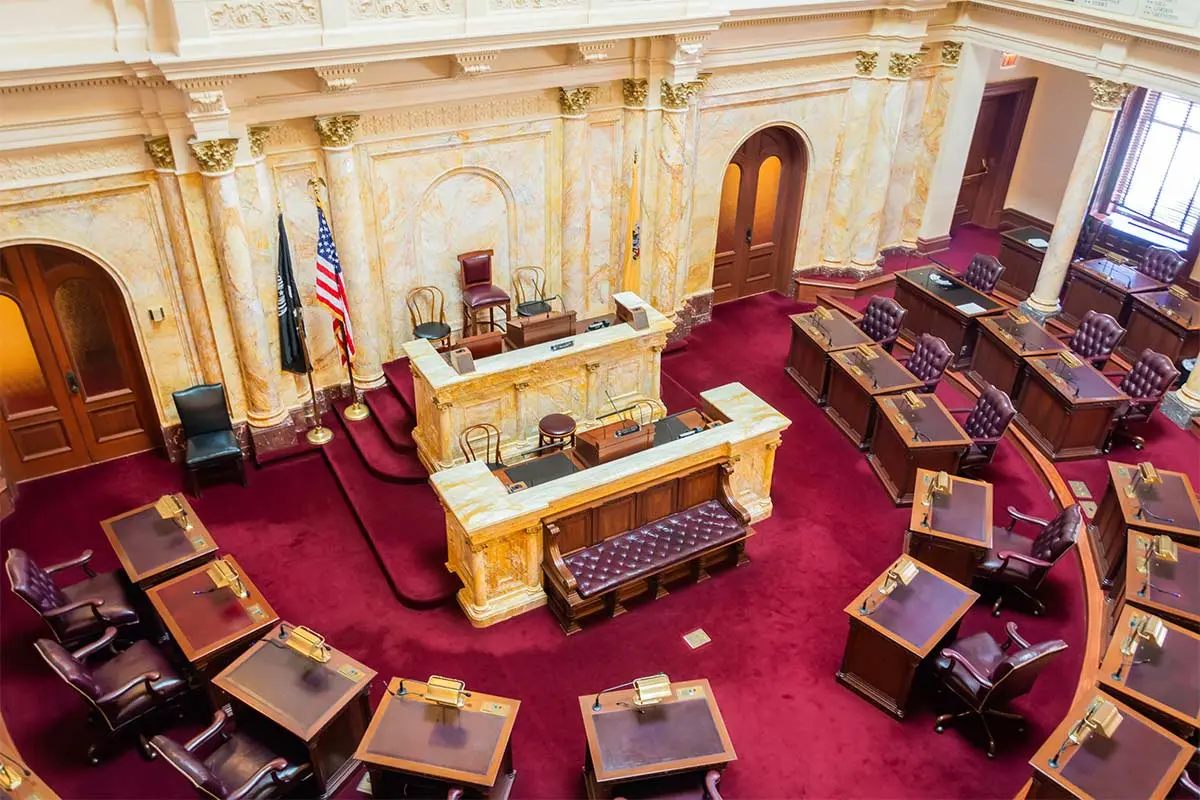by Tommy Goodwin, The Exhibitions & Conferences Alliance (ECA)
The votes have been counted, and the ads have stopped (thank goodness!). While the 2024 election is behind us, ECA’s work on behalf of the business and professional events industry with the newly elected lawmakers in Washington, DC is just ramping up. That work is kicking off with an issue that is critical to everyone in the industry: taxes.
In 2025, tax reform will be the policy issue in Washington, DC. Why? Key provisions of the 2017 Tax Cuts and Jobs Act expire at the end of the year. Extending them for 10 years would add $4.6 trillion to the U.S. deficit, and there is political pressure inside the Beltway to offset at least part of that amount. What does that mean? Congress is looking at the entire tax code for new revenue.
In the weeks and months ahead, ECA will be working to ensure that the taxman does not cometh for us. After all, our industry currently pays $51 billion in federal taxes and $79 billion in state and local taxes in communities across the U.S. Last year, ECA adopted a four-part tax reform agenda that will help our industry continue to drive economic growth, support job creation, empower small businesses, and help solve our most urgent
societal challenges.
Here’s what’s included:
Business tax rates
Business tax rates uniquely affect our industry. Rates not only affect our small businesses’ return on investment, but they also influence the number of exhibitors and attendees at business and professional events, which also impacts stand building, venue staffing levels, contractor hiring, union labor hours, and much more. ECA supports a competitive business tax rate that keeps our industry growing and makes sure that we can continue providing direct and catalytic value to our customers, stakeholders, and host communities.
Private equity tax treatment
Private investment has been vital to the growth of our industry for years. Many of our small businesses have received direct support from private investors, including during the dark days of the pandemic when our entire industry was closed for business for 12-18 months in some locations. ECA opposes any changes to the tax treatment of private equity profits and interest deductibility that would negatively impact an important source of investment in our industry’s future growth.
Association tax status
Nonprofit associations host 272,000 events annually that attract 52 million attendees, support 342,000 jobs, and drive $42 billion in spending in communities nationwide. Changes to their tax-exempt status, or the unrelated business income tax exemption for their events, would jeopardize the mission-driven work funded by event proceeds and the $35.1 billion in federal, state, and local tax revenue they contribute each year. ECA opposes any changes to the tax status of nonprofit associations and their events that could disrupt the work of these organizations for those they serve.
Workforce development
Expanding qualified expenses under Section 529 savings plans to include postsecondary training and credentialing, including licenses and professional certifications, would transform these plans from college savings plans into career savings plans and help workers secure in-demand, good-paying jobs like those in our industry. ECA supports the inclusion of legislation such as the Freedom to Invest in Tomorrow’s Workforce Act or Section 3 of the Education and Workforce Freedom Act, which the industry advocated for during ECA Legislative Action Day last year, in any tax package.
In 2025, the business and professional events industry will employ 2.63 million Americans and drive $426.1 billion in spending nationwide. In Washington, DC, ECA will be doing everything it can to make sure the taxman doesn’t slow down our amazing growth engine for the U.S. economy.
This story originally appeared as a truncated version in the Q1 2025 issue of Exhibit City News, p. 48. For original layout, visit https://issuu.com/exhibitcitynews/docs/ecn_q1_2025/48.































